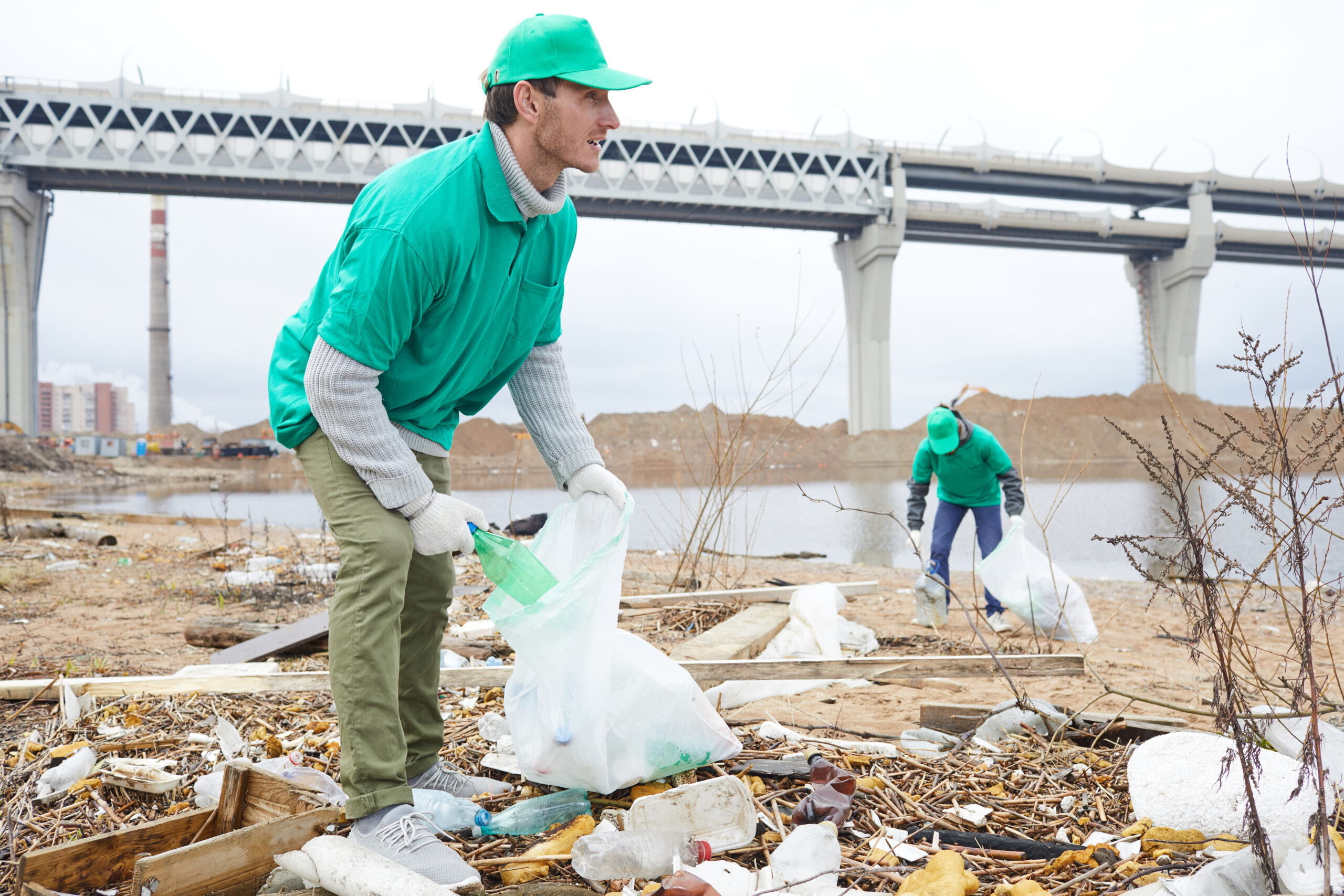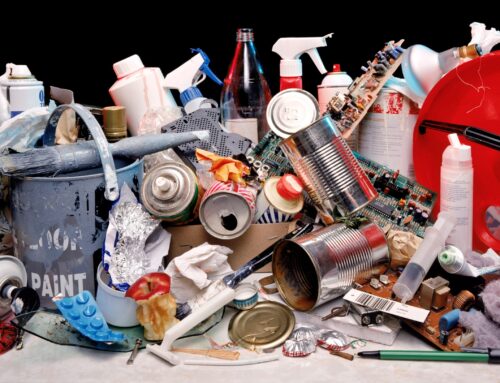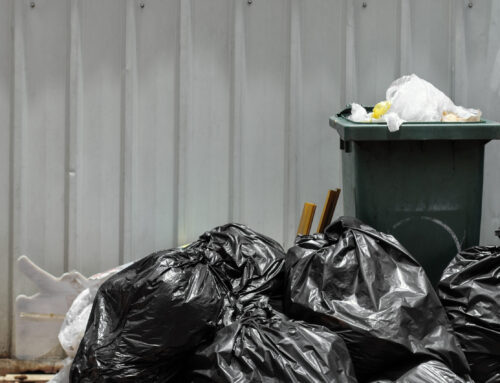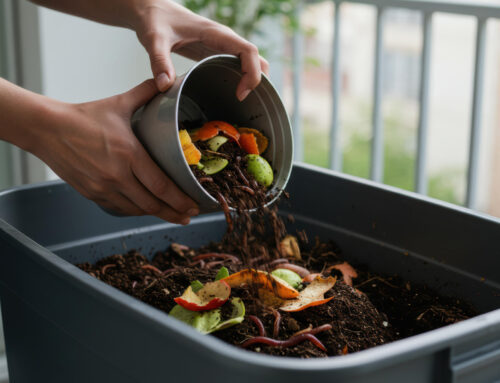
Effective waste management is a cornerstone of environmental protection, essential in preventing pollution, conserving resources, and safeguarding public health. As urban areas grow and consumption increases, waste production rises, putting significant pressure on waste management systems. Without proper disposal methods, waste can pollute air, water, and soil, posing dangers to ecosystems and communities alike. The role of waste management in pollution prevention involves not only collecting and treating waste but also promoting practices like recycling, composting, and responsible disposal of hazardous materials.
This article explores how waste management systems help prevent pollution, looking at specific waste reduction methods, technologies, and individual actions that make a lasting impact on the environment.
Understanding Waste Management and Pollution
Waste management involves collecting, transporting, processing, recycling, and disposing of waste materials in a way that minimizes their impact on the environment. When waste isn’t managed properly, it can degrade, releasing harmful pollutants into the air, soil, and water. For example, organic waste can emit methane, a potent greenhouse gas, as it decomposes in landfills. Similarly, hazardous materials like batteries, electronics, and chemicals can leach toxins into the environment, contaminating soil and groundwater.
Pollution from waste not only harms wildlife and ecosystems but also affects public health, contributing to respiratory diseases, waterborne illnesses, and other serious health conditions. Effective waste management systems work to minimize these risks through a variety of strategies and processes designed to reduce, reuse, and recycle waste.
Key Ways Waste Management Helps Prevent Pollution
To prevent pollution, waste management must be proactive, addressing the sources of pollution and implementing practices that ensure waste is handled responsibly. Here are some of the ways waste management plays a crucial role in preventing pollution:
Landfill Management and Methane Capture
Landfills are essential for disposing of non-recyclable waste, but they can also be a significant source of pollution if not properly managed. As organic waste decomposes in landfills, it produces methane, a powerful greenhouse gas that contributes to climate change. Many modern landfills are designed with methane capture systems that collect this gas and convert it into energy, reducing greenhouse gas emissions and creating a renewable energy source.
In addition to methane capture, landfill management also involves careful monitoring of leachate—a liquid that forms when waste breaks down and water filters through the landfill. Leachate can be highly toxic, containing chemicals and pollutants that can contaminate groundwater. To prevent this, landfills use liners and collection systems to capture and treat leachate before it can seep into surrounding soil and water sources.
Recycling Programs
Recycling is one of the most effective ways to prevent pollution because it reduces the need to extract and process new raw materials, which often involves heavy energy consumption and pollutant emissions. For example, recycling metals, plastics, and paper saves energy and decreases the release of pollutants associated with mining, manufacturing, and deforestation.
By turning waste materials back into useful products, recycling helps reduce landfill use, conserve natural resources, and prevent air and water pollution. Many waste management services provide curbside recycling programs, making it easy for residents to separate and dispose of recyclable materials like glass, plastic, and aluminum.
Composting to Manage Organic Waste
Composting is an environmentally friendly method of managing organic waste, such as food scraps and yard clippings, which can otherwise contribute to pollution if sent to landfills. Organic waste decomposes in a landfill without oxygen, producing methane gas. By composting, organic waste breaks down aerobically (with oxygen), which significantly reduces methane emissions.
Composting produces a nutrient-rich material that can be used to improve soil health, benefiting agriculture and landscaping. Waste management facilities increasingly offer composting programs and services, helping to divert organic waste from landfills and reduce the pollution associated with its disposal.
Proper Disposal of Hazardous Waste
Household hazardous waste includes items like paint, batteries, pesticides, cleaning agents, and electronics. These products can contain toxic substances, including heavy metals and chemicals, that pose severe pollution risks when they end up in landfills or waterways. Many communities hold special collection days or have designated drop-off sites for hazardous waste, ensuring that these items are disposed of in an environmentally responsible manner.
Proper disposal of hazardous waste is essential for preventing soil and water contamination, as well as reducing the risk of toxic fumes. Some waste management services also recycle certain hazardous materials, such as batteries and electronics, to recover valuable components while keeping toxins out of the environment.
Education and Community Outreach
Educating the public on waste reduction, recycling, and pollution prevention is a crucial aspect of waste management. Community outreach programs that teach residents about proper waste disposal, the benefits of recycling, and the importance of reducing waste help to foster a culture of environmental responsibility.
Many waste management services provide information and resources on minimizing waste production, sorting recyclables, and handling hazardous materials. By raising awareness, these programs empower individuals and businesses to make informed choices that reduce pollution and conserve resources.
Promoting the Circular Economy
The circular economy is a sustainable approach to waste management that emphasizes reducing waste at the source and maximizing the use of resources by keeping them in circulation for as long as possible. Unlike the traditional linear model of “take, make, dispose,” the circular economy encourages reusing, repairing, and recycling products to extend their lifespan.
Waste management plays a vital role in supporting a circular economy by facilitating recycling, composting, and reuse programs. Many cities and businesses now encourage circular economy practices, such as repairing items rather than discarding them or designing products for easier recycling. This reduces overall waste and pollution by decreasing the demand for new raw materials and limiting the amount of waste generated.
Innovations in Waste Management
As technology advances, waste management systems are becoming increasingly sophisticated in their approach to pollution prevention. Some of the latest innovations include:
Smart Waste Bins
Equipped with sensors, these bins can notify waste management services when they’re full, optimizing collection routes to reduce fuel consumption and greenhouse gas emissions.
Waste-to-Energy Technologies
Advanced waste-to-energy facilities are capable of converting non-recyclable waste into electricity or heat, reducing landfill use and generating renewable energy.
Robotic Sorting
Robotic technology can now sort recyclables more efficiently, increasing the amount of waste that can be recycled and reducing contamination in the recycling stream.
Biodegradable Plastics
Some waste management facilities are exploring the use of biodegradable plastics, which decompose more easily and reduce the pollution caused by conventional plastics.
How Individuals Can Support Waste Management Efforts
While waste management services provide the infrastructure needed to reduce pollution, individuals also play an essential role in supporting these efforts. Here are some ways to help prevent pollution through responsible waste practices:
– Reduce and Reuse: Choose reusable products and avoid single-use plastics, which contribute to pollution.
– Recycle Correctly: Follow local guidelines for recycling to avoid contamination, which can hinder recycling efforts.
– Compost Organic Waste: If a composting program is available, use it to manage food scraps and yard waste responsibly.
– Properly Dispose of Hazardous Materials: Use designated drop-off points or collection days for items like batteries, chemicals, and electronics.
– Stay Informed: Stay updated on local waste management programs and make use of community resources to reduce waste.
Eco-Friendly Waste Management Starts Here!
Waste management is indispensable in preventing pollution, protecting natural resources, and promoting sustainability. From recycling and composting to managing landfills and educating the public, these services provide communities with the tools to reduce waste and protect the environment. As technology and innovation continue to improve waste management systems, the future holds even greater potential for pollution prevention. By supporting waste management efforts and making responsible choices, we can all play a part in creating a cleaner, healthier world for generations to come.
AAA Sanitation & Garbage Removal
79 Business Dr Ste A
Hull, GA 30646
(706) 543-7788
https://aaasanitationco.com/





